Behind the consortium stands a team of researchers and specialists who operate within a range of fields relevant to archaeological research. These include traditional archaeology, GIS, osteology, paleoecology, laboratory archaeology, and a series of fields and approaches in the natural sciences, such as aDNA, lipids, isotopes, radiocarbon dating, and spectroscopy, as well as cutting-edge digital documentation methods like LiDAR, drone and laser scanning, photogrammetry, and 3D modelling.

Karl-Johan Lindholm
Professor, Director, Chair of the Operative Board
Dept. of Archaeology and Ancient History at Uppsala University. Karl-Johan’s main research interest is to bridge the socio-environmental interface by interdisciplinary research and long-term understandings of landscapes and land-use in agriculturally marginal regions in southern and eastern Africa and Europe. He applies critical historical analysis to contextualise current landscape policy, emphasising the sustainable management of biocultural heritage and natural resources. An additional interest is the combination of archaeology, rural development and landscape studies aiming for a better understanding of past and present forms of collective action and cooperative natural resource management. He participates in multiple research clusters and is deeply involved in advancing research infrastructures.
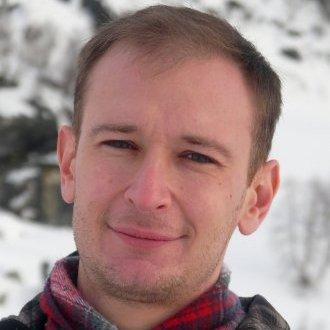
Daniel Löwenborg
Docent Associate professor, Module leader, Vice Chair of the Operative Board
Department of Archaeology and Ancient History, Uppsala University. Leader of Module 3: Archaeological Excavation and Geodata. Researcher in archaeology, specifically landscape archaeology and GIS, focusing on Iron Age social development in central Sweden. Daniel is interested in methodology and theory regarding the use of geographical information technology in combination with access to large amounts of digital archaeological data and the use of quantitative methods in archaeology.
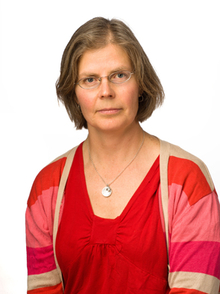
Eva Svensson
Professor, Module leader, Member of the Operative Board
Department of Political, Historical, Religious, Cultural Studies Karlstad University. Leader of Module 6: Impact by capacity building, added societal value and user support. Eva’s research interests include: Social, ecological and interdisciplinary approaches to forested landscapes in a long-term perspective, with focus on Viking Age, Medieval Times and Early Modern times. She is also engaged in subaltern environment- and lifescapes in the 18th -20th centuries. 18th – 20th centuries and heritage, citizenship and community participation as part of building sustainable system innovations in forested, sparsely populated areas.
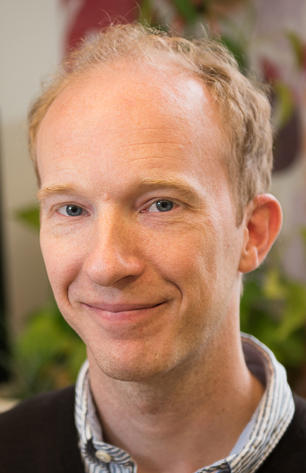
Magnus Lundgren
Docent, Member of the Operative Board
Director of the SciLifeLab Ancient DNA facility, Uppsala University. The Ancient DNA facility provide analysis of ancient DNA as a service to researchers in Sweden and other countries. DNA constitute the basis of many of our traits, and ancient DNA can give us further understanding of the past. Such knowledge allows to better understand our societies, their development and the people who lived in the past, but it can also tell us how evolution and ecology have changed over time.

Helena Hulth
Coordinator, Secretary of the Operative Board
Department of Archaeology and Ancient History, Uppsala University. Helena holds an MA in archaeology from Uppsala University and a Business Certificate from FEI (Business Economics Institute). Her background in contract archaeology as a project leader is solid, and with experience from the County Board, the museums and the private sector – including publishing, venture capital, cutting-edge visualisation techniques and mediation – she is an all-rounder. As a contract archaeologist, she specialised in the Late Iron Age, but today her interests lie in the broader potential of archaeological knowledge.
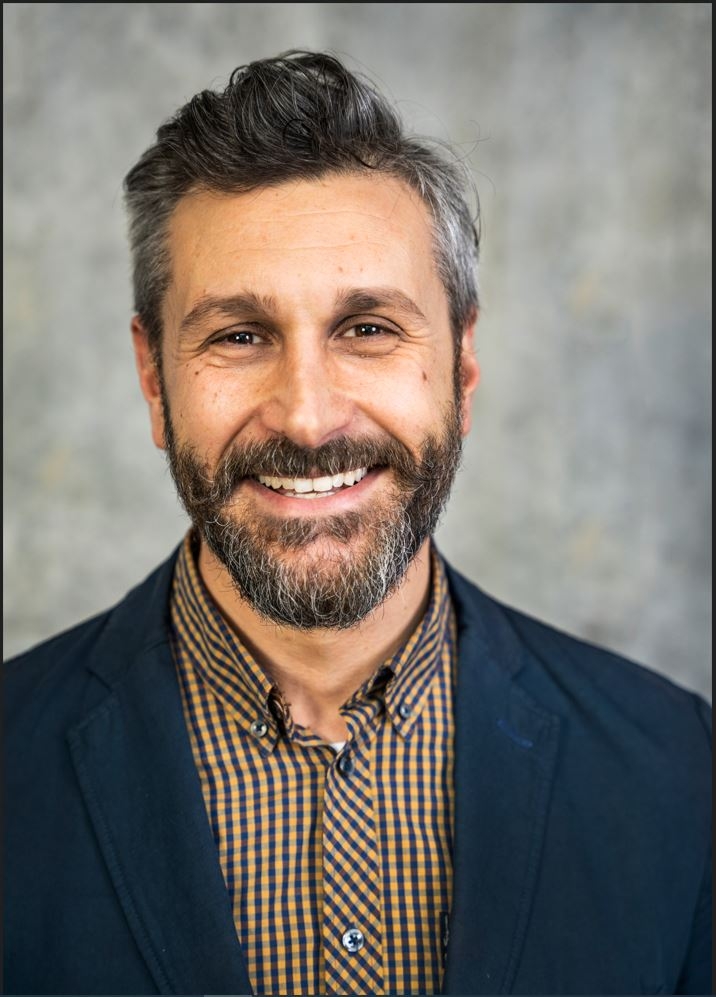
Nicolò Dell’Unto
Professor of Digital Archaeology, Module leader, Member of the Operative Board
Department of Archaeology and Ancient History Lund University. Leader of Module 5: Cutting Edge and Future Data. Specialised in spatial technology and 3D visualisation, Nicolò has developed projects in several countries where he has carried out experiments aimed at identifying research methodologies based on digital practice. After completing his PhD, he conducted research in the United States and Switzerland, further broadening his international perspective. He currently coordinates the activities of Lund University’s Digital Archaeology Laboratory (DARKLab), a national infrastructure focused on digital archaeology and 3D visualisation, and is currently coordinating the activities of Module 5.

Kerstin Lidén
Professor, Member of the Operative Board
Director Archaeological Research Laboratory, Stockholm University. Kerstin Lidén obtained her PhD in 1995 from Stockholm University. Since 2004, she has been the head of the Archaeological Research Laboratory and holds the position of professor of archaeology with specialisation in laboratory analysis. Kerstin’s research is focused on laboratory analysis, primarily bone chemistry. She has worked with materials from Öland, Gotland and the Mälaren Valley, with a general focus on diet analysis, dietary patterns and kinship. Kerstin is a member of the Royal Swedish Academy of Sciences, elected in the humanities class.
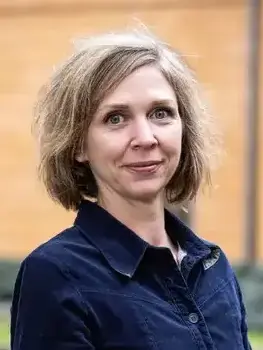
Elin Fornander
PhD, Member of the Operative Board
Manager of Research and Development, National Historical Museums. Elin is head of Research and development and has a background in Archaeological science, contract archaeology and museum collections management.
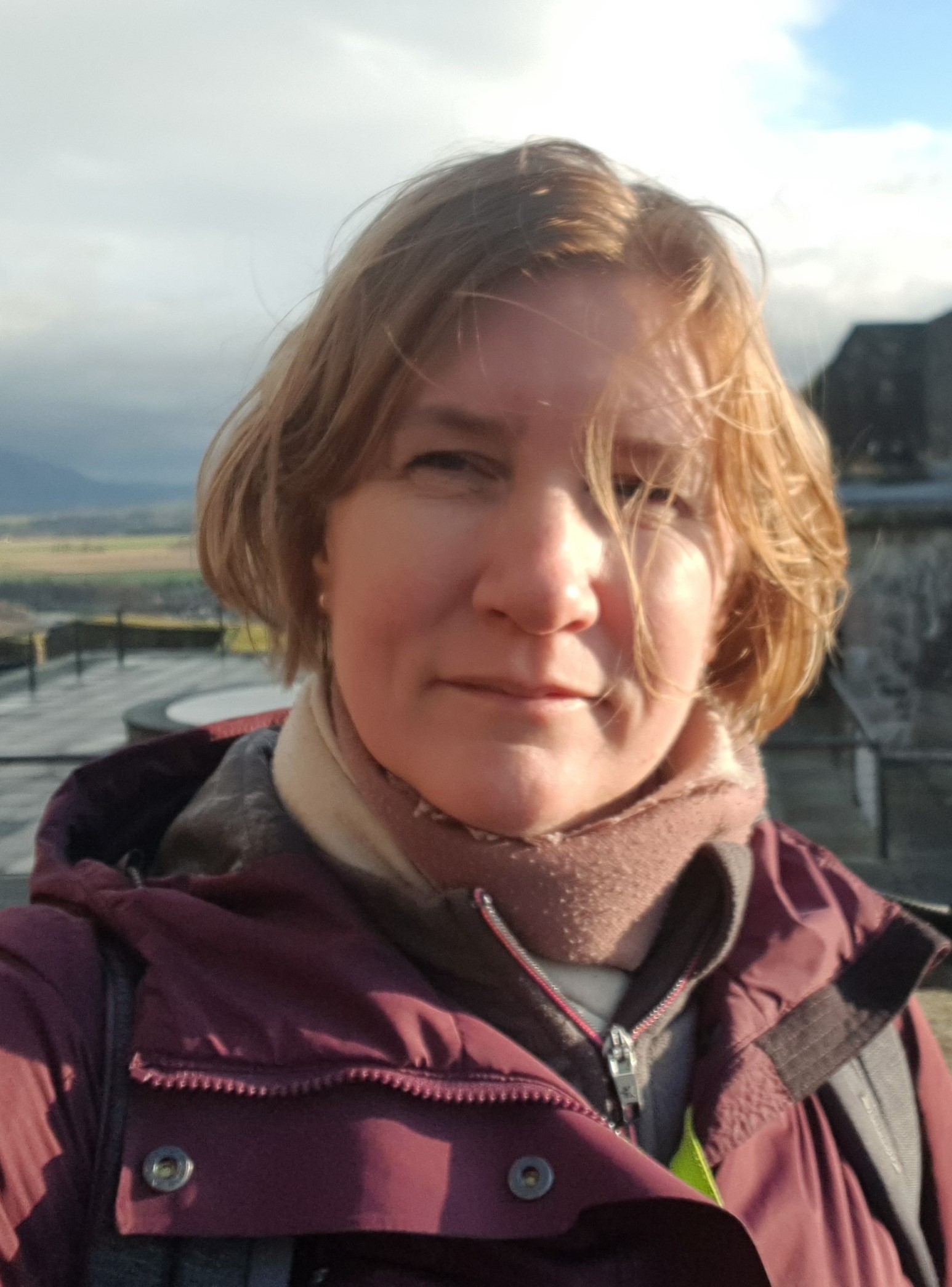
Åsa M Larsson
PhD, Module leader, Member of the Operative Board
Head of Unit for Technology and Digital Mediation, National Heritage Board. Leader of Module 2: Data Mobilization Beyond the FAIR Principles. Åsa began as a field archaeologist and osteologist before doing her PhD on Neolithic pottery and mortuary practices. She worked as Managing Director of a company for contract archaeology before joining the National Heritage Board to help develop a digital archaeological process to ensure a digital flow of information from contract archaeology to the public. Has continued to work with digtial accessibility for research and development. Åsa consider the implementation of FAIR principles and linked semantic data as the most important factors for the development of the scientific revolution in archaeological research.
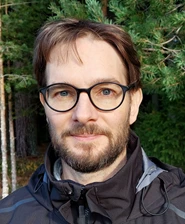
Philip Buckland
Docent Associate professor, Module leader, Member of the Operative Board
Vice Dean of Arts and Humanities and the Director of The Environmental Archaeology Lab, Umeå University.Leader of Module 4: Archaeological Science and Research Data. The Environmental Archaeology Lab (MAL) is a research, development, consultancy and education infrastructure actively involved in archaeology throughout Scandinavia. Philip also runs the Strategic Environmental Archaeology Database (SEAD). From 2022, SEAD is part of Swedigarch. Phil’s research is focusing on using biological proxies, like fossil insects, to reconstruct past environmental and climate changes, particularly in the context of historical human activities. Additionally. Phil is interested in using palaeoentomology to study past biodiversity and its relevance to contemporary conservation policies and activities.
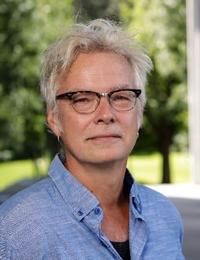
Christian Isendahl
Professor, Member of the Operative Board
Department of Historical Studies, University of Gothenburg. After completing the PhD degree at Uppsala University in 2002, Christian Isendahl has hold positions at the Human Ecology Division, Lund University, and the Department of Archaeology and Ancient History, Uppsala University, before taking up a position as lecturer at the University of Gothenburg in 2013. He has extensive fieldwork experience form Mexico, Bolivia, Brazil, and Cuba, among other places. His research explores and details archaeology’s potential to provide practical insights that addresses contemporary challenges. He has considerable expertise in addressing issues of long-term sustainability and resilience, applying a historical ecological lens to examine urbanism, farming systems, water management, and socio-political organization in Latin America.
